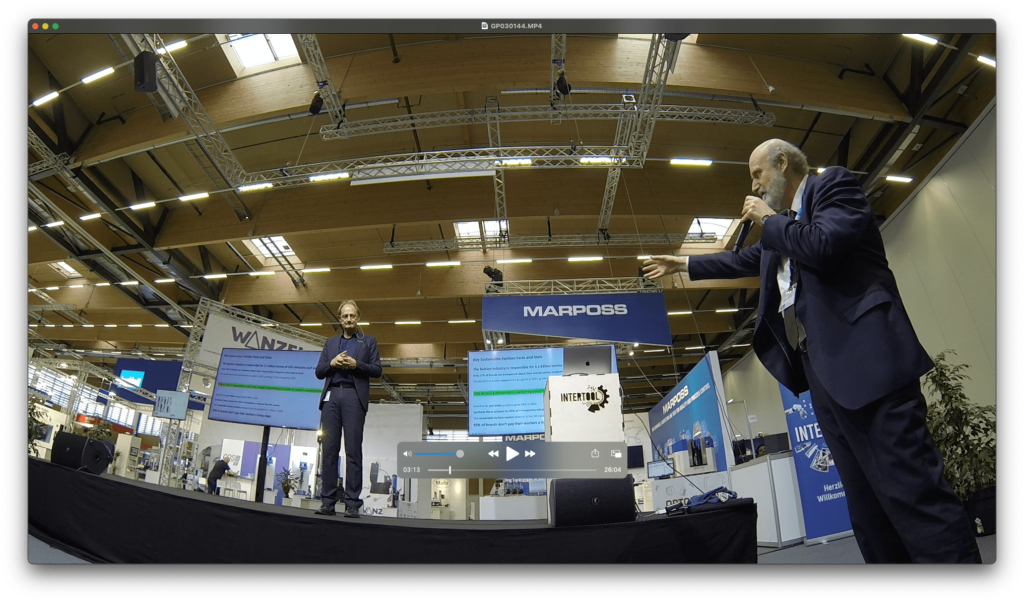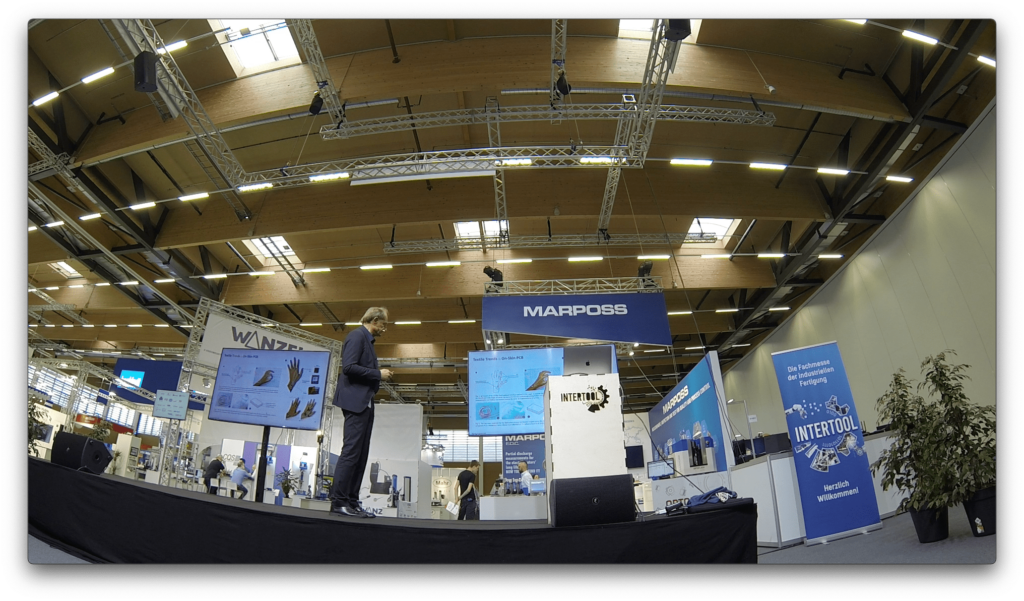Prof. Dr. Alois Ferscha, Scientific Director of Pro²Future and Head of the Institute of Pervasive Computing (IPC) at the JKU Linz gave a Keynote Talk on the topic of “Sustainable Production” at Austria’s Fair for manufacturing technology (Intertool) on Friday, May 13, 2022 in the Messe Wels.
With the Circular Economy Action Plan as an essential component of the new European Growth Strategy “European Green Deal”, the European Commission has presented a challenging program to achieve climate neutrality for Europe by 2050. The new action plan announces initiatives along the entire life cycle of products. Sustainable product design, the design and embedding of products in circular economy systems, the transformation to sustainable products and the attempt to keep raw materials in the cycle as often and as long as possible are key approaches or specifications in this context. Proven measures for this include making sustainable products the norm in the EU, strengthening the systemic role of consumers and consumers in the cycle, promoting sectors that have high potential for cycle-ready resources (electronics, IT, batteries, vehicles, packaging, plastics, textiles, construction, buildings, food, water, nutrients), avoiding waste as much as possible, making the cycle economy people-friendly regionally and in cities, and thus setting a global example. Overall, the aim is to consistently implement and strengthen the cycle principle in production processes; cycle orientation is also seen as a prerequisite for climate neutrality.

The sharpening of the sustainability idea both in product design and in production itself is made concrete by a number of possibilities. In the talk, I will highlight opportunities such as by improving a product’s durability, reusability, upgradability and repairability, by increasing energy and resource efficiency through, for example, AI-optimized processes in production, by consistently increasing the recycled content in products while ensuring their performance and safety through CO2 emission-avoiding re-manufacturing and high-quality recycling, by limiting one-time use of products (“one-way-products”) and “built-in” planned obsolescence, by incentivizing product-as-a-service business models or other models in which manufacturers retain ownership of the product or bear responsibility for its performance throughout its lifecycle, by consistently exploiting the potential of digitizing product information, for example a “product memory,” or through product origin traceability solutions (identity traceability) such as digital identity management, labeling via RFID, NFC, QR codes, digital watermarks, etc.

